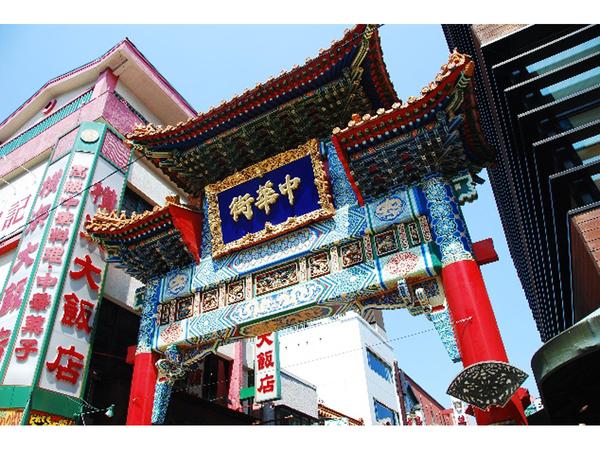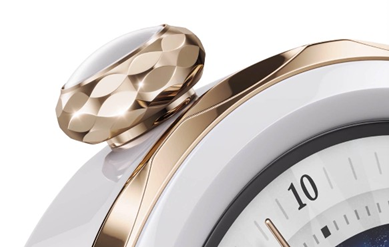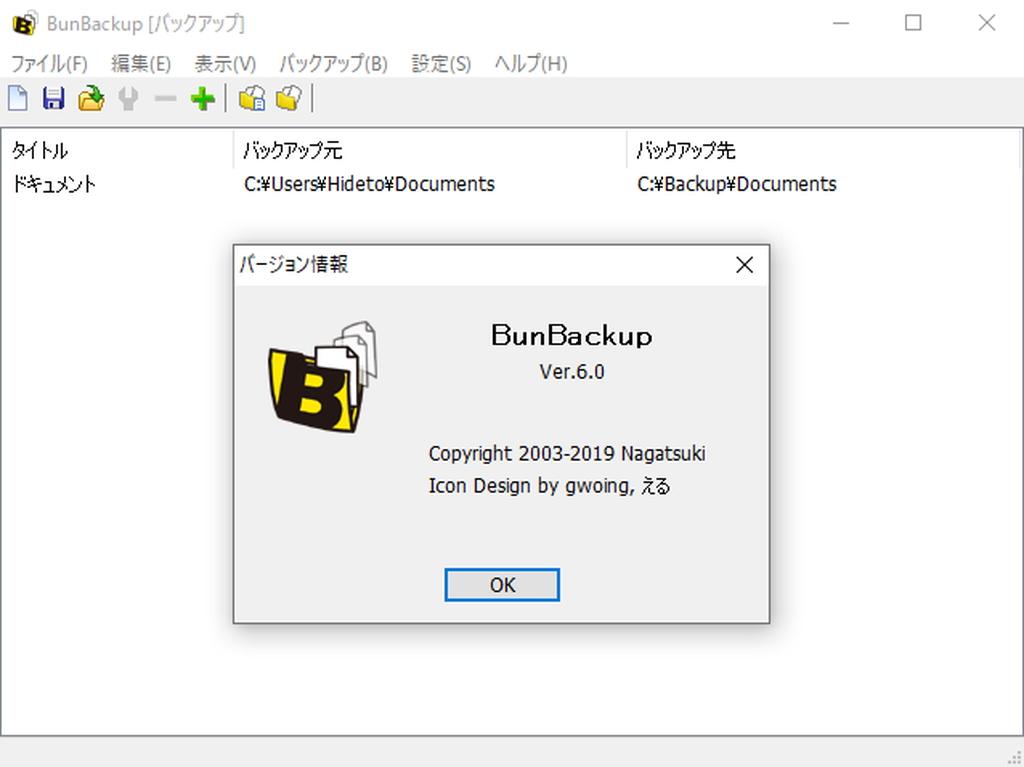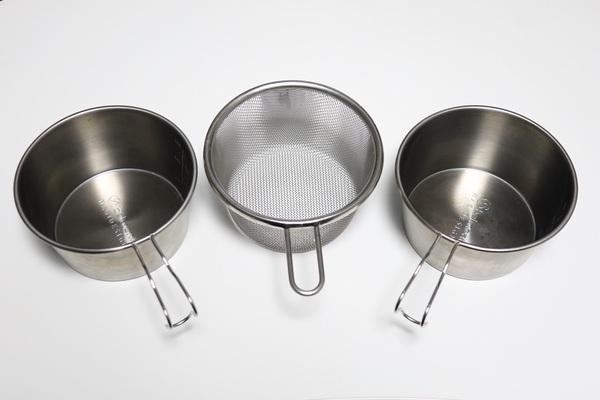Local activities on ASCII Dumplings are a peaceful food!
- 1057
- 98
Local activities on ASCII Dumplings are a peaceful food!
- By huaweicomputers
- 05/04/2023
The image is an exhibition image
New Year's Day comes twice in Yokohama Chinatown. The first is the western calendar, and the second is the lunar calendar. Of these, Yokohama Chinatown is more lively during New Year's Day, which corresponds to the lunar calendar. This applies not only to Yokohama, but also to Kobe Nankinmachi and Nagasaki Shinchi Chinatown.
Click here for the previous article. Bye-bye, 2021! Hello, 2022!! *Click here for a past series of articles: Yokohama Chinatown Trend News - A deep walk from the local area - This year's Chinese New Year, like last year, we had to cancel many events. I am also trying something new. We jumped out of Chinatown and set up lantern objects in various places in Yokohama, and lion dances were performed as a Shinto ritual in each area without notice, with the meaning of W prayers for the Chinese New Year celebration and the elimination of the corona virus.
It was only about 10 minutes, but when I saw the lion dance in the station premises and facilities, I felt proud of our town, which has inherited such traditions for a long time. Coordinating with each facility, adjusting the performance location and moving route, etc. was extremely difficult!!).
By the way, do you like gyoza? i love it On the contrary, I have never met a person who doesn't like dumplings. Seasoning is different depending on the shop and home. I like things with Chinese cabbage, cabbage, and leafy vegetables.
The origin is probably in China, but come to think of it, there are many dishes around the world that wrap meat in wheat dough, such as Russian pelmeni, Indian samosas, and Italian ravioli. Similar to Mexican enchiladas.
Because each of them has become one of the national dishes, it means that adults and children all over the world love gyoza. Gyoza can be said to be a menu for world peace (sloppy summary... ^^;).
As many of you may know, in Yokohama Chinatown, dumplings are eaten frequently during the Lunar New Year period. Because it is one of the "New Year dishes". Even at restaurants that don't usually serve it on the menu, I make it for myself and eat it with the staff and my family. In Japan, we eat toshikoshi soba (udon in Kansai?) on New Year's Eve, but in China, we eat "toshikoshi gyoza" at the end of the year. In China, such customs still remain, especially in cold regions where wheat can be harvested.
There are various theories as to why dumplings are eaten on New Year's Day, such as because the shape resembles old Chinese coins, or because they are eaten when they are literally crossed at the time of the child. . I don't know which is the correct answer, but my theory is that the custom of eating dumplings must have been familiar to mainland China.
Because New Year's Eve dumplings have special memories. It's been a year or two since I started doing business in Yokohama Chinatown. A certain restaurant owner invited us to his home because we had no acquaintances or family in this town.
In the evening, when I went to the house after closing the store, both children and adults were making dumplings together. Kneading from the skin and rolling it out with a rolling pin, chopping chives and vegetables, and mixing it with meat in a large bowl...the whole family does it skillfully. While moving my hands, I talk about new seasonal menus, sales, and raising children. While I am making it, my relatives come one after another after finishing their work and join the work.
After that, a platter of steamed dumplings was placed in the middle of the round table. When the head of the family gives a simple New Year's greeting and says, "Happy New Year!" Both children and adults laugh and eat gyoza one after another and carry it to their mouths.

You start to say, "I got it!" and "I did it!"
More chopsticks turned toward gyoza one after another, and the plate was empty in no time. In fact, the dumplings are like omikuji, and inside each dumpling there is sometimes a coin that has been washed and disinfected. 1 yen coin = 100 yen, 5 yen coin = 500 yen, 10 yen coin = 1000 yen, 100 yen coin = 10,000 yen. That will be the New Year's gift for that year. What's interesting is that adults do it together.
We were overwhelmed by the movements of the chopsticks around us, and we were only able to touch a few chopsticks. Fortunately !?, everything was a failure, but when I was told, "You can't survive in this city like that," and "Don't be shy," I felt like I was accepted as a friend by the city. Did.
I felt that this series of events was packed with various Chinese teachings. First of all, the whole family makes dumplings and naturally engages in dietary education. Through that work, I was able to communicate with my relatives who I only met occasionally. And above all, the amount of New Year's money for that year is not uniform, such as "because you are XX years old (X grader), so it is XX yen". People who eat a lot have a higher chance of getting lucky. I felt the toughness and depth of the overseas Chinese, as if they were going to teach me about business through food.
Nowadays, they put peanuts in instead of change and change the amount depending on the number. The winning coins are exchanged, and the head of the household puts New Year's money in red envelopes (hongpao, red pouches) and distributes them. And the fun party continues until late at night.
By the way, in Yokohama Chinatown, we started such a lottery event called "Red Envelop Lottery" this year. You can win hotel accommodation tickets, travel tickets, meal tickets that each store boasts, and luxurious prizes sponsored by sponsors.
At "ChinaTown80" near the east gate of Yokohama Chinatown, you can purchase one for 300 yen (tax included), and you can also visit the above lanterns placed in various parts of Yokohama and participate in the digital stamp rally. redemption rights. It will be held until February 14th.
Click here for more information.
By the way, the annual #boss meal is boiled dumplings.
"Saiko Shinkan", "Santong", and "Ma-san no Omise" are famous for handmade boiled dumplings, but there are many other delicious shops. I have. I also love the lamb gyoza dumplings from "Tohoku Jinka".
It's hard to decide which one is better than the other because it's delicious, so this time I would like to introduce the "boiled gyoza" sold at "Gyomu Super" in Yokohama Chinatown.
This has a chewy skin and a lot of meat juice, and it's so delicious that you can't believe it even if it's said to be "handmade".
◆Related LINK
Text / Yoichiro Ishikawa
Yoichirou Ishikawa. Born in 1972. Rouro Japan Co., Ltd. Representative Director and General Producer. Managing Director of Yokohama Chinatown Development Association. Born in Chigasaki, lives in Yokohama. Spent his childhood in Singapore. His hobbies are systema and bonfires.















